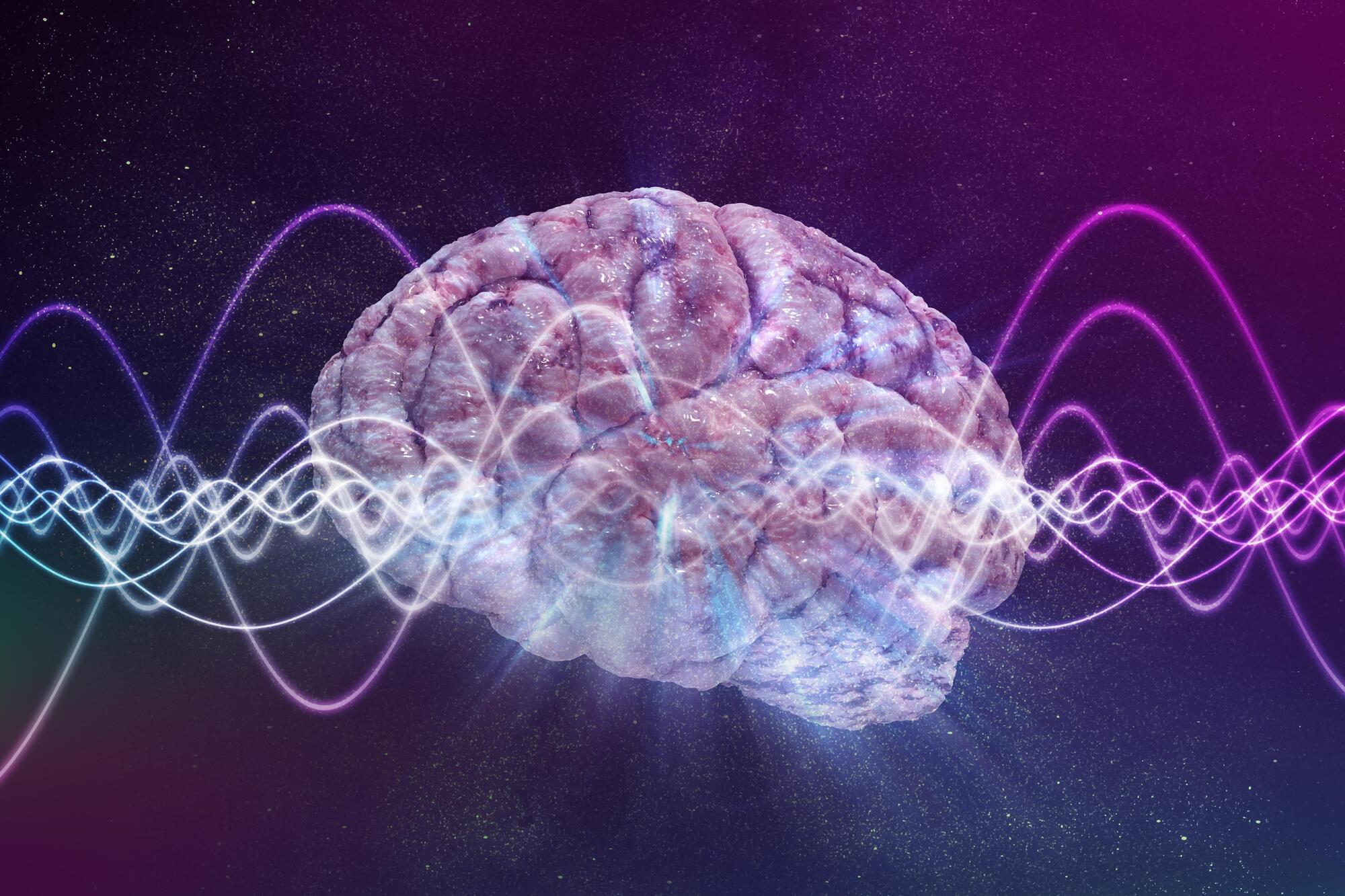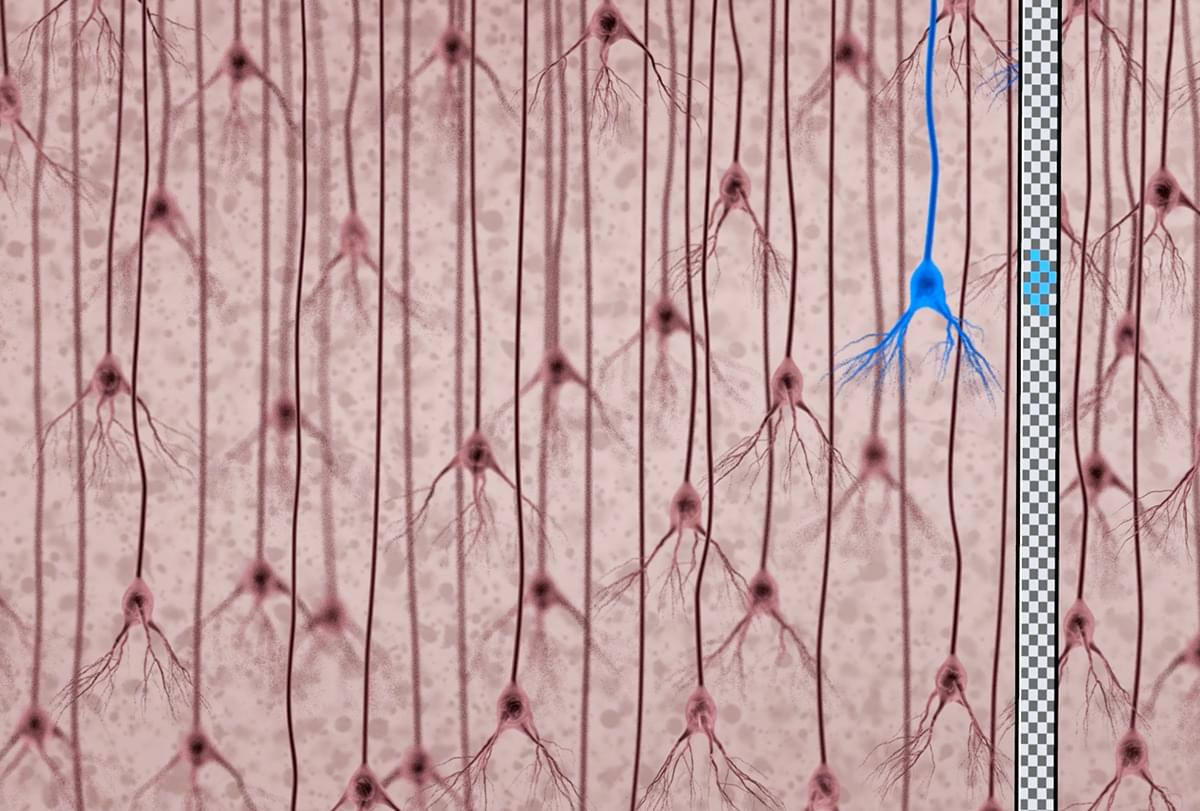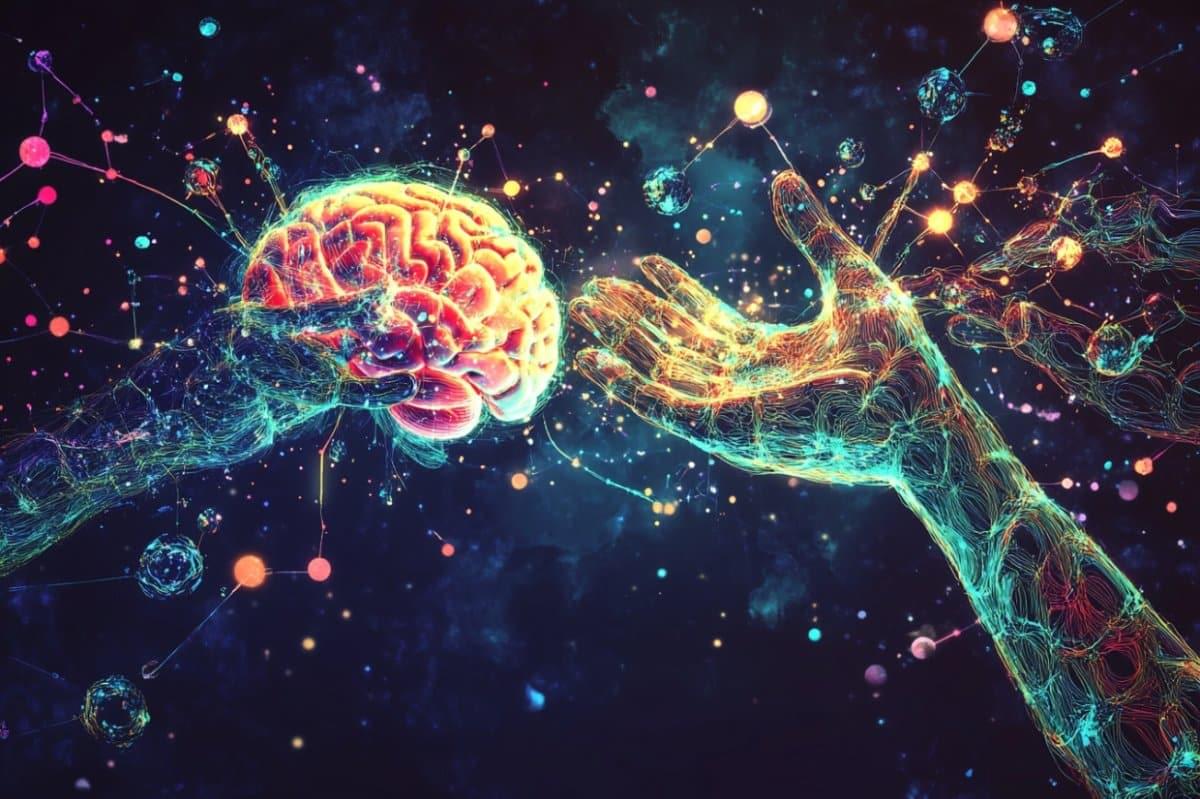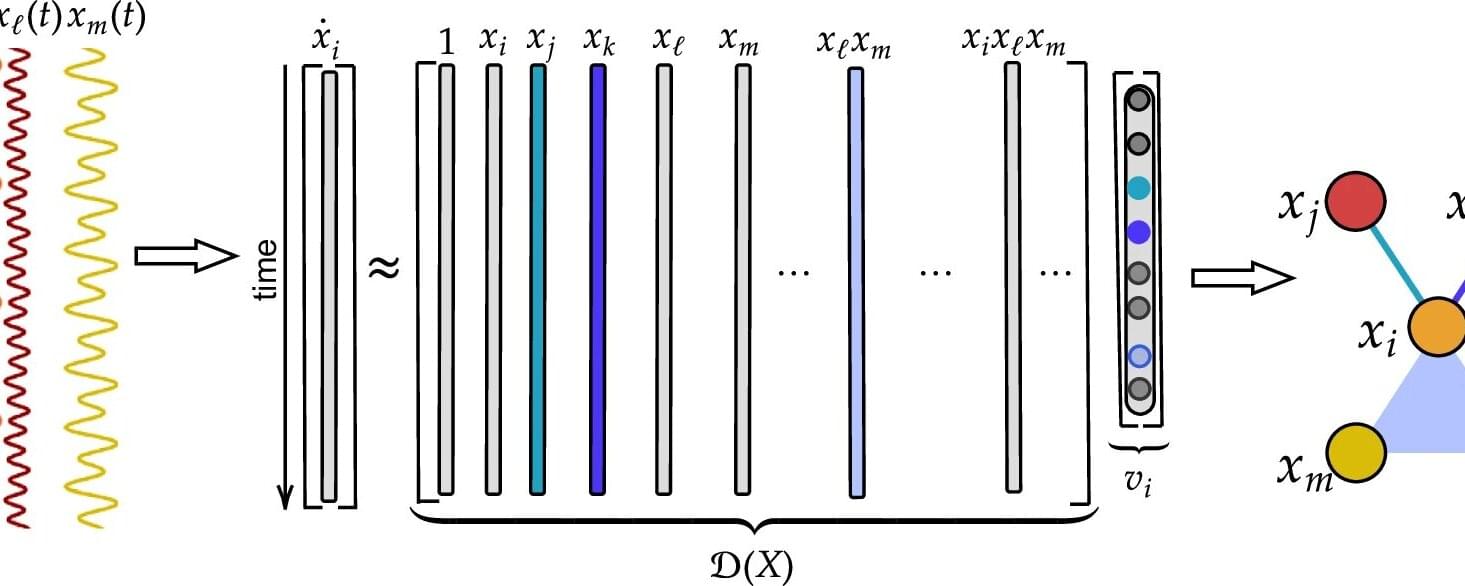The system was trained to decode words and turn them into speech in increments of 80 milliseconds (0.08 seconds). For comparison, people speak about three words per second, or around 130 words per minute. The system then delivered audible words using the woman’s voice, which was captured from a recording made before the stroke.
The system was able to decode the full vocabulary set at a rate of 47.5 words per minute. It could decode a simpler set of 50 words even more rapidly, at 90.9 words per minute. That’s much faster than an earlier device the researchers had developed, which decoded about 15 words per minute with a 50-word vocabulary. The new device had a more than 99% success rate in decoding and synthesizing speech in less than 80 milliseconds. It took less than a quarter of a second to translate speech-related brain activity into audible speech.
The researchers found that the system wasn’t limited to trained words or sentences. It could make out novel words and decode new sentences to produce fluent speech. The device could also produce speech indefinitely without interruption.







